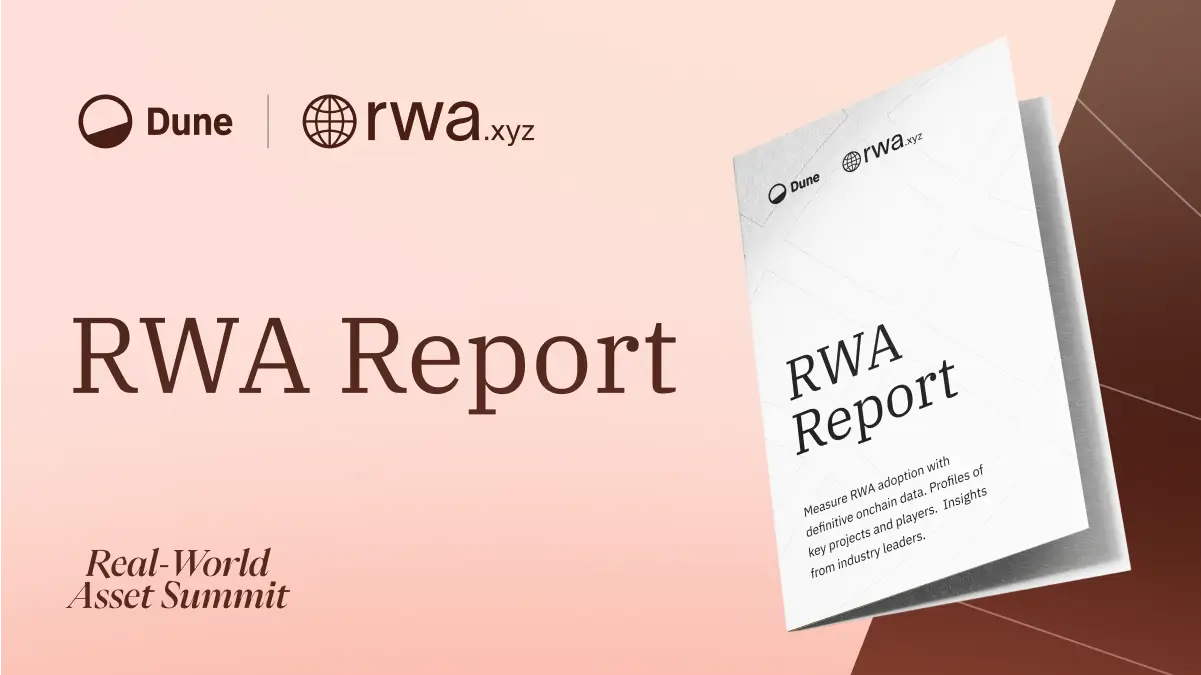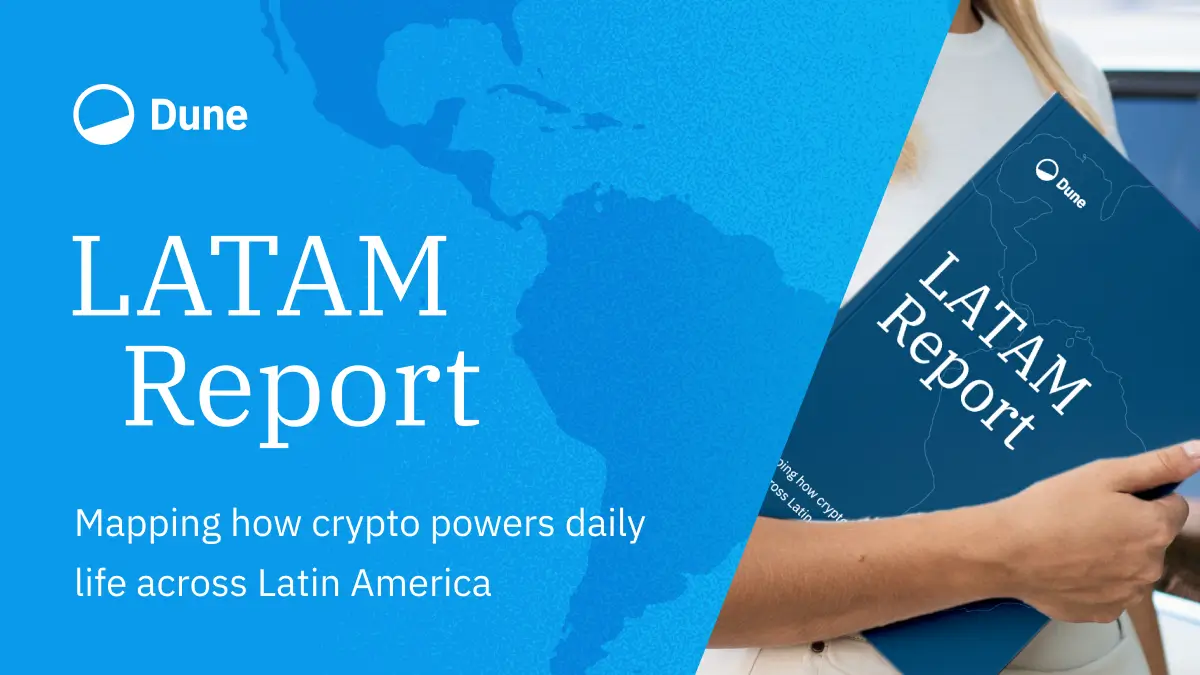Teamwork Makes the Dreamwork
With the growing traction of Teams among Wizards, we feel that this is a good time to have a closer look at what Teams are, why we were motivated to create them in the first place, & who they are for.
Exclusive content

Download Content


The ability to work together in teams has long been one of the most requested features on Dune.
It's a natural extension of the collaborative work that's already happening between groups of Wizards, both in official and unofficial capacities.
We introduced Teams to make this cross-pollination process between our users easier, smoother and more fun!

Teams has now been publicly available for less than two months.
More than 170 Teams of Wizards (of varying shapes and sizes) have signed up since then and have been creating some truly outstanding content.
With the growing traction of Teams among Wizards, we feel that this is a good time to have a closer look at what Teams are, why we were motivated to create them in the first place, & who they are for.
We'll also look at some of the most interesting examples of Teams we have seen so far.....
Ready? Let’s jump right in!
A New Era in Wizard Collaboration

Shared Workspaces. Teams are Dune’s shared workspaces. Teams allow Wizards to effortlessly collaborate with each other, openly or in private, and present their work under a single shared identity.
Dedicated, but Flexible Content. Teams have their own dedicated profiles that own and showcase content. This content can be completely new (like a new dashboard created from scratch by one or more members of the Team), old (like an old query created by one of the Team members individually is transferred to the Team and added in a new Team dashboard), or any combination of the two.
Why Teams?

From billion dollar protocols that can co-create and share their official content from one single profile to DAOs that want to offer an easier way for their community members to track and update key ecosystem statistics to new projects that want to build on their trustworthiness and enhance their brand's reputation, working with Teams offers serious benefits:
Seamless Collaboration. This lies at the core of open data and financial transparency that Dune is spearheading. We want to make it easier for users to work with one another, learn from each other, combine their strengths, and have more time to focus on actual data analysis.
The Law of Wizard Attraction. Great Wizards attract great Wizards. Showcasing high quality group dashboards can act as a profile-raising mechanism that will bring more top level Wizards into particular ecosystems, networks, protocols, projects or teams of on-chain analysts.
Everything organized under one Magic Hat. The ability to have all of a Team’s content in one place can be a powerful way to organize existing work and help consumers (viewers and analysts) of particular data find any information they are looking for much easier and faster.
Wisdom of the Wizard Crowd. Having more working hands and eyes on top of queries and dashboards does not only help cross-check existing work and spot potential mistakes earlier, it also allows for a larger pool of creative and innovative people to build something new together. Leveraging the collective opinions, experiences and knowledge of a diverse group of individuals (rather than that of a single expert) can help produce much more impactful results.
Who did we Build Teams for?

Teams are Dune's on-chain data collaboration engines. Dune Teams aim to help pretty much anyone interested in on-chain data and open finance – blockchain protocols, crypto-focused companies, web3 startups, research houses, Wizard collectives, smart contract projects, data enthusiasts, governance specialists and students – to highlight their group work.
Veterans and newbies benefit from Teams alike. Teams can help established groups that have gradually seen their number of Dune users (and viewers) increase and want to up their collective blockchain data efforts, as well as new ones that want to leverage the power of blockchain analytics to showcase their team’s efforts and make a name for themselves.
Size (and type) does not matter. Your Team can be as big (e.g., an armada of 100 Wizards) or as small (e.g., a one-man show) as you want, and can cover any topic or focus area.
Top Teams (so far)

A number of respected teams in crypto have started developing stellar work on their Team profiles. Some of the most interesting collaborative work produced so far can be found below:
Networks
- Optimism - Net flows optimism bridge
- Ava Labs - Avalanche NFT Marketplaces
Protocols & Companies
- MakerDAO - StratFi Directory
- 0x Labs - 1inch Synthetix Integration
- CoW Protocol - Price Improvement Dashboard
- Rated - ETH2 Liquid Staking
- Mirror - Writing NFTs
- RabbitHole - RabbitHole Credentials
- Index Coop - Sector Product Dashboard
- Impossible Finance - Compare Launchpad Programs
- POAP - Epror.io POAP Sales Dashboard
Research
- Blockworks Research - Convex Fi Asset Profile
- Messari - Flashloans
Wizard Collectives
- Six Degree - Arbitrum Overview
DAOs
- Lido - ETH Deposit Stats
- MetricsDAO - Metrics DAO Overview
- TreasureDAO - Treasure Ecosystem
Investors
- 1confirmation - Webaverse
Digital Asset Storing Platforms
- Gnosis Safe - Mainnet Gnosis Safe
Institutional Providers
- 21shares - 3AC Addresses
NFTs
- Quixotic - Quixotic on Optimism
- KnownOrigin - Known Origin
- Avium World - Avium World
Governance
- Paladin - Curve Weekly Gauge
The Future of Teams on Dune
We believe that collaborating more effectively on Dune can enable two very positive effects: the diffusion of on-chain knowledge and the standardization of good data analysis practices.
This, in turn, can have a compounding effect for the entire blockchain space, as more users advance to the levels of top Dune Wizardry and share their experiences, techniques and know-how with fresh talent interested in blockchain data and analytics.
We are still at the very early days of Teams. To get a better sense of what is to come, here are a few features that we are currently testing internally and could be releasing in the future to help make working in Teams even more impactful:
- Easier paths to monetization for Teams and Team members
- Live editing and viewing functionality
- Custom access permissions
- Activity history
- Version history
- Comments
Let's cover some key questions you may have.
FAQ
How do I create a team?
Setting up a Team profile on Dune is very easy and takes less than 1 min. Head to dune.com/settings/teams or visit this quick walk-through on our Docs to find out how to create your first Team.
How do I locate a team?
Teams are very easy to find. They have their own dedicated tab on Dune’s main discovery menu. On this page, you will be able to look up any Team by its name or scroll through the list of all Teams on Dune ranked by the number of stars they have obtained. Below, you can see a snapshot of the top 10 Teams on Dune today as well as the number of stars they have received so far.

You will be able to see the Teams you belong to on the bottom left of your individual Wizard profile. Click on any of them and you will be taken immediately to the respective Team profile. Let us have a quick peak at theprofile of our very own 0xBoxer, Wizard extraordinaire.

0xBoxer belongs to three teams: Dune ,Animal Farm and the Left Comma Club. They all show up at the bottom part of his profile.
Team profiles look very similar to Wizard profiles, but they can be easily distinguished thanks to the Team signifier at the top and the list of Team members at the bottom. Let’s take the example of Dune’s Team profile.

Much like in individual Wizard profiles, one can see the number of stars all Dune Team dashboards have received, the number of queries and dashboards created by the Dune Team, as well as the number of users that belong to the Dune Team.
How many Teams can a Wizard belong to?
There is virtually no limit! Join as many Teams as your heart desires or as few as your magic data wand can handle.
How many members can each Team have?
Teams can be composed of as few as 1 person and as many as 100s of members.
How does individual content relate to Teams content?
Wizards can keep their individual work done on their personal account separate from the Team accounts they work with (or manage). At the same time, Team queries and dashboards are easily accessible and searchable through My Creations, much like personal queries and dashboards are accessed today.
Once you are a member of a Team, each time you save a new query or dashboard, you can choose whether the owner will be an individual user or the Team itself.
Can Teams have private content?
At the moment, all content on Teams is public. We are planning to add support for private content (for both queries and dashboards) in the coming months.
Can members of a Team be assigned different roles?
Yes. We have created User Roles to allow for more flexibility between varying degrees of user familiarity with Dune and for the onboarding of new users within Teams.
There are currently three User Roles:
- Viewers: Have read-level access to all of the content on a Team and is listed as a member on the Team profile page. (This role will become even more relevant as private functionality is also added on Teams.)
- Editors: Can read, create and edit content under the Team’s domain.
- Admins: Can read, create, edit and manage content, as well as permissions, under the Team’s domain.
Only the Beginning
At Dune, we are very excited about the cross-collaborative future that Teams can help unlock and are committed to turning this into the predominant tool for group work in the blockchain analytics space.
We are also adamant in helping any group of Wizards succeed on Teams, which is why we would love to get your feedback about the product. Feel free to reach out on our Discord (#feedback channel) or create a post here.
Stay tuned – there's much more to come!
Ready to bring your Blockchain to Dune?
Power your App with Dune data
Steam Dune data in your analytics environment

Want to join Dune?


Dune Datashare
Ready to get started?
Individuals + Small Teams

Enterprise






